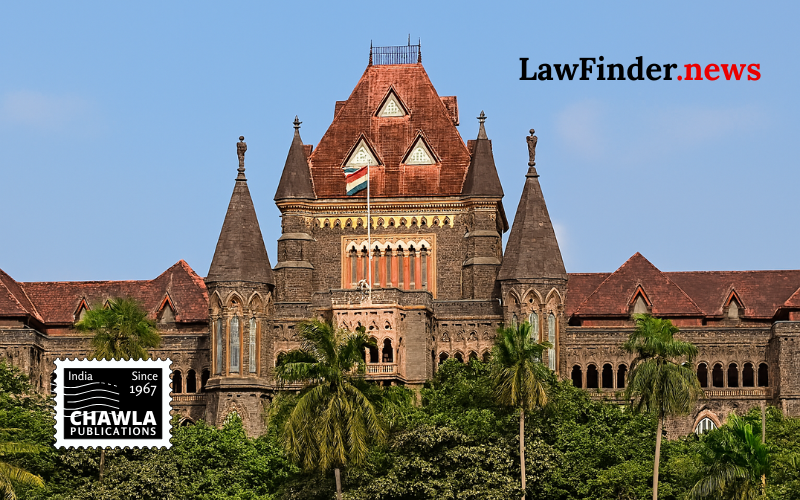Bombay High Court Quashes Draft and Final Assessment Orders Against Classic Legends Pvt Ltd
In a significant judgment dated September 9, 2025, the Bombay High Court delivered a decisive ruling in the case of Classic Legends Pvt Ltd v. Assessment Unit & Ors, quashing the Draft Assessment Order and the subsequent Final Assessment Order imposed on the petitioner under the Income Tax Act, 1961. The court held that the Assessing Officer lacked jurisdiction to issue these orders as Classic Legends Pvt Ltd did not qualify as an "eligible assessee" under Section 144C of the Act.
The case revolved around the interpretation of Sections 144C(1) and 144C(15)(b) of the Income Tax Act, which dictate the conditions under which a Draft Assessment Order can be issued. The pivotal issue was whether the petitioner, Classic Legends Pvt Ltd, was an "eligible assessee" since the Transfer Pricing Officer (TPO) had made no variations in the income declared by the company. As per the statute, an "eligible assessee" is defined as a person whose income variation arises due to the TPO's order or is a non-resident or foreign company. The court clarified that the definition of "eligible assessee" is strict and cannot be expanded to include cases where the TPO proposes no variation.
Classic Legends Pvt Ltd argued that since there was no variation proposed by the TPO, the applicability of Section 144C was precluded, thereby rendering the Draft Assessment Order and subsequent Final Assessment Order beyond the jurisdiction of the Assessing Officer. This argument was upheld by the court, emphasizing that the absence of variation meant the petitioner was not prejudiced, and thus, could not be classified as an "eligible assessee."
The Revenue, however, contended that the term "variation" should encompass "no variation" as well, thereby making Classic Legends Pvt Ltd an "eligible assessee." This broader interpretation was rejected by the court, which relied on precedents from the Gujarat High Court in Pankaj Extrusion Ltd v. Assistant Commissioner of Income-tax and the Delhi High Court in Honda Cars India Ltd v. Deputy Commissioner of Income-tax. Both judgments reinforced the notion that "eligible assessee" is a strictly defined term and does not include entities with no proposed income variation by the TPO.
In delivering the judgment, Justice B.P. Colabawalla and Justice Amit S. Jamsandekar reiterated that statutory provisions must be interpreted in their clear and literal sense, and the word "means" used in the definition of "eligible assessee" signifies a hard and fast definition. The court concluded that the Draft Assessment Order dated March 8, 2025, and the Final Assessment Order dated April 7, 2025, along with the related demand notices, were issued without jurisdiction and thus were quashed.
This ruling is seen as a landmark decision reinforcing the strict interpretation of statutory provisions under the Income Tax Act, providing clarity and protection to assessees from jurisdictional overreach. The judgment is expected to have far-reaching implications on the procedural aspects of tax assessments involving transfer pricing cases across India.
Classic Legends Pvt Ltd v. Assessment Unit, (Bombay)(DB) : Law Finder Doc Id # 2780808




